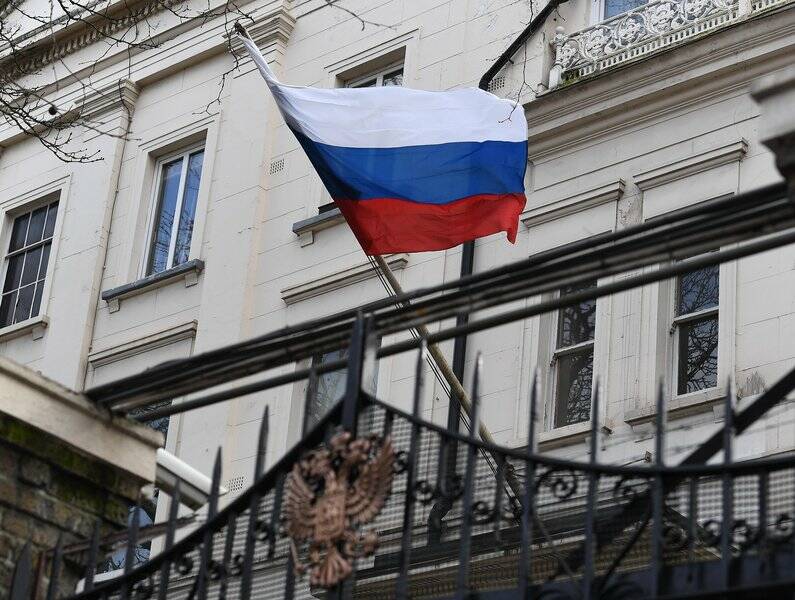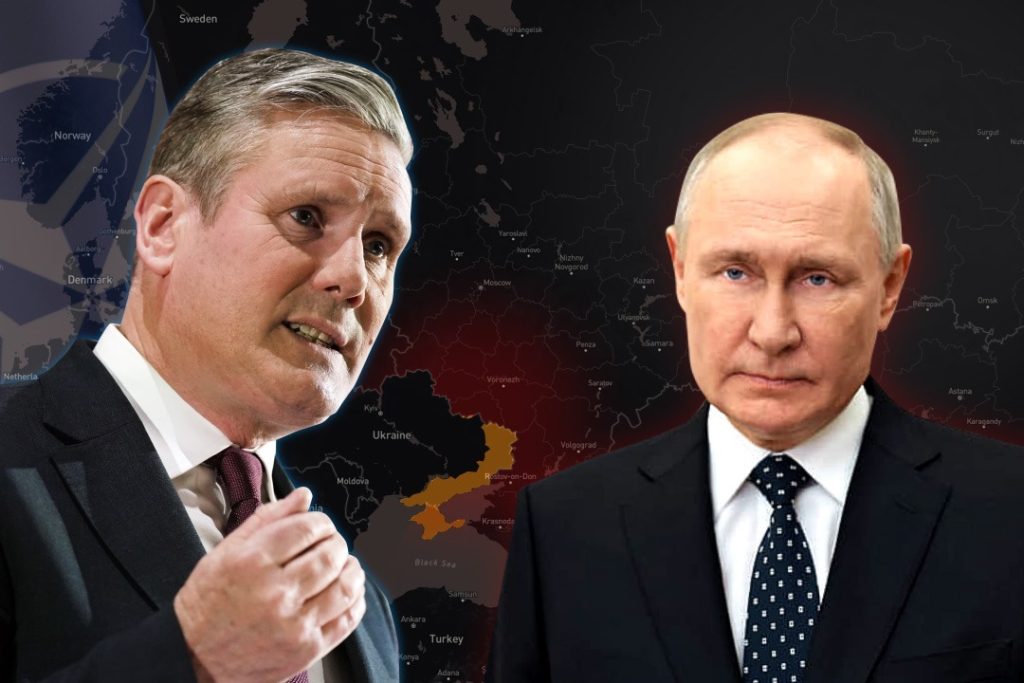Britain announced its most extensive sanctions package against Russia in 18 months on Thursday, targeting dozens of entities and individuals connected to Moscow’s war in Ukraine, mercenary operations in Africa, and a notorious nerve agent attack on British soil.

The British Foreign Ministry imposed restrictions on 56 entities and individuals, including 10 Chinese-based companies allegedly supplying crucial military components to Russia, in what officials described as a concentrated effort to disrupt President Vladimir Putin’s war machinery and curb Russian influence worldwide.
British Foreign Minister David Lammy emphasized the sanctions’ broad scope: “Today’s measures will continue to push back on the Kremlin’s corrosive foreign policy, undermining Russia’s attempts to foster instability across Africa and disrupting the supply of vital equipment for Putin’s war machine.”
The measures primarily target companies in Russia, China, Turkey, and Kazakhstan accused of providing machine tools, microelectronics, and drone components to Russian forces. Several of the sanctioned firms were previously identified by European intelligence sources as part of Moscow’s alleged efforts to establish weapons manufacturing capabilities in China, according to earlier Reuters reporting.

In a significant move against Russian military operations in Africa, Britain sanctioned three private mercenary organizations with Kremlin connections, including the state-controlled Africa Corps, along with 11 individuals involved in operations across Libya, Mali, and the Central African Republic.
The sanctions package also addressed a sensitive chapter in British-Russian relations by targeting Denis Sergeev, who operated under the alias Sergey Fedotov. British authorities previously charged Sergeev as one of three Russian military intelligence (GRU) officers suspected of attempting to murder former Russian double agent Sergei Skripal and his daughter Yulia in Salisbury in March 2018.
The Salisbury attack’s connection to Moscow received renewed attention last month during a public inquiry into the death of Dawn Sturgess, who was accidentally exposed to the Novichok nerve agent. The inquiry heard testimony that Skripal believed Putin personally ordered the assassination attempt, though Moscow has consistently denied any involvement.
The new sanctions target companies operating in multiple countries suspected of aiding Russia’s military efforts, particularly focusing on firms providing technology and components essential for weapons manufacturing and drone production. These restrictions align with Western efforts to prevent Russia from circumventing existing sanctions through third-party countries.
The Russian embassy in London had not responded to requests for comment on the new sanctions at the time of publication.
VOA



